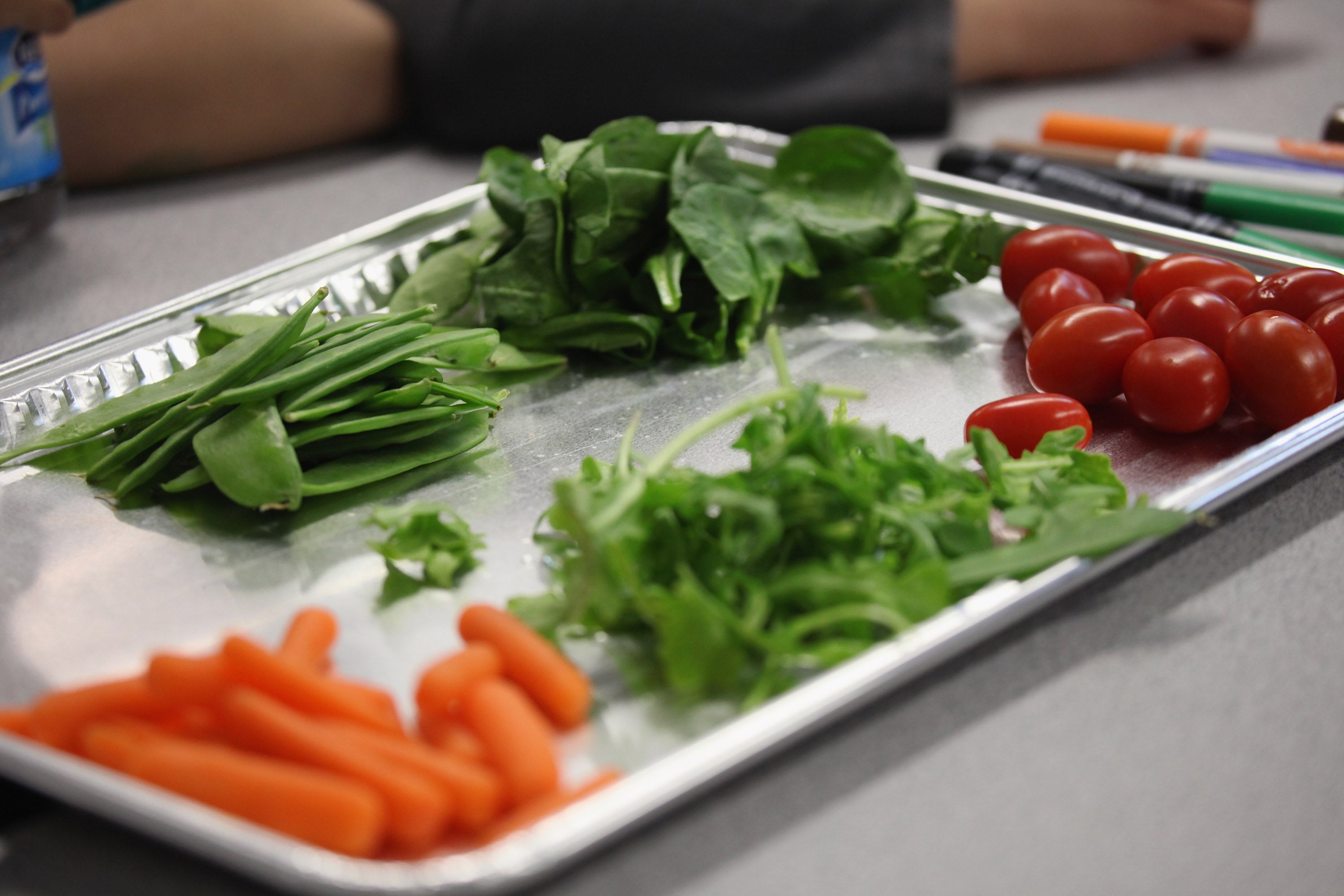Your support helps us to tell the story
From reproductive rights to climate change to Big Tech, The Independent is on the ground when the story is developing. Whether it’s investigating the financials of Elon Musk’s pro-Trump PAC or producing our latest documentary, ‘The A Word’, which shines a light on the American women fighting for reproductive rights, we know how important it is to parse out the facts from the messaging.
At such a critical moment in US history, we need reporters on the ground. Your donation allows us to keep sending journalists to speak to both sides of the story.
The Independent is trusted by Americans across the entire political spectrum. And unlike many other quality news outlets, we choose not to lock Americans out of our reporting and analysis with paywalls. We believe quality journalism should be available to everyone, paid for by those who can afford it.
Your support makes all the difference.Read more
Switching to a plant-based diet rich in fruits, vegetables, nuts, and legumes may help prevent and even reverse heart disease in hypertension patients, according to a new study.
High blood pressure is a key risk factor for a type of heart disease known as coronary microvascular dysfunction (CMD). It occurs when the tiny blood vessels that regulate flow to heart tissue are damaged. The damaged blood vessel cells contract, impeding flow and causing chest pain.
CMD can cause frequent chest pain, hospitalisation, heart failure, and even death. It afflicts women more severely than men.
The current treatment options are only moderately effective and patients continue to have poor outcomes after hospital admission, researchers at Georgia State University in the US say.
The researchers looked at the role of diet in the treatment of the disease and found a “plant-based diet both prevented the development of CMD and reversed established CMD in hypertensive rats, which translates well to the clinical setting”, Rami S Najjar, one of the authors of the latest study published in the Journal of the American Heart Association, said.
“Interestingly, the beneficial effects of the plant-based diet in CMD occurred despite the persistence of hypertension, showing the diet was having a targeted effect on the small blood vessels of the heart.”
The researchers suspect the benefit comes from improved function of blood vessel cells, counteracting the damaging effects of hypertension.
A plant-based diet appears to rescue the function of blood vessels in rats, enabling them to dilate normally again.
For humans, this diet translates to one cup of black beans, one large red bell pepper, one and a half cups of Brussels sprouts, two lemons, one medium sweet potato, one and a half cups of walnuts, and one cup of blueberries each day, the researchers say.
 A plant-based diet prevents the development of CMD and even reverses established CMD in hypertensive rats (Getty Images)
A plant-based diet prevents the development of CMD and even reverses established CMD in hypertensive rats (Getty Images)
The study is one of the first to show that diet can help treat CMD, paving the way for human clinical trials.
The researchers fed female hypertensive rats for six months either a “control diet” containing no plant foods or a plant-based diet comprising 28 per cent fruits, nuts, vegetables, and legumes.
The diets were matched for all nutrients, so the only known difference was the high antioxidant content of the plant-based diet.
After six months, the rats on the control diet were moved to the plant-based diet to treat CMD after it was established.
The researchers assessed CMD in the rats by measuring their heart blood vessel flow, an approach used in the clinic for human patients. They also took cardiac MRIs.
Then the researchers assessed isolated blood vessel cells taken from the heart to look at their function and examined markers of damage in the heart tissue. They concluded that a plant-based diet “prevented CMD development and reversed established CMD” in the hypertensive rats.
